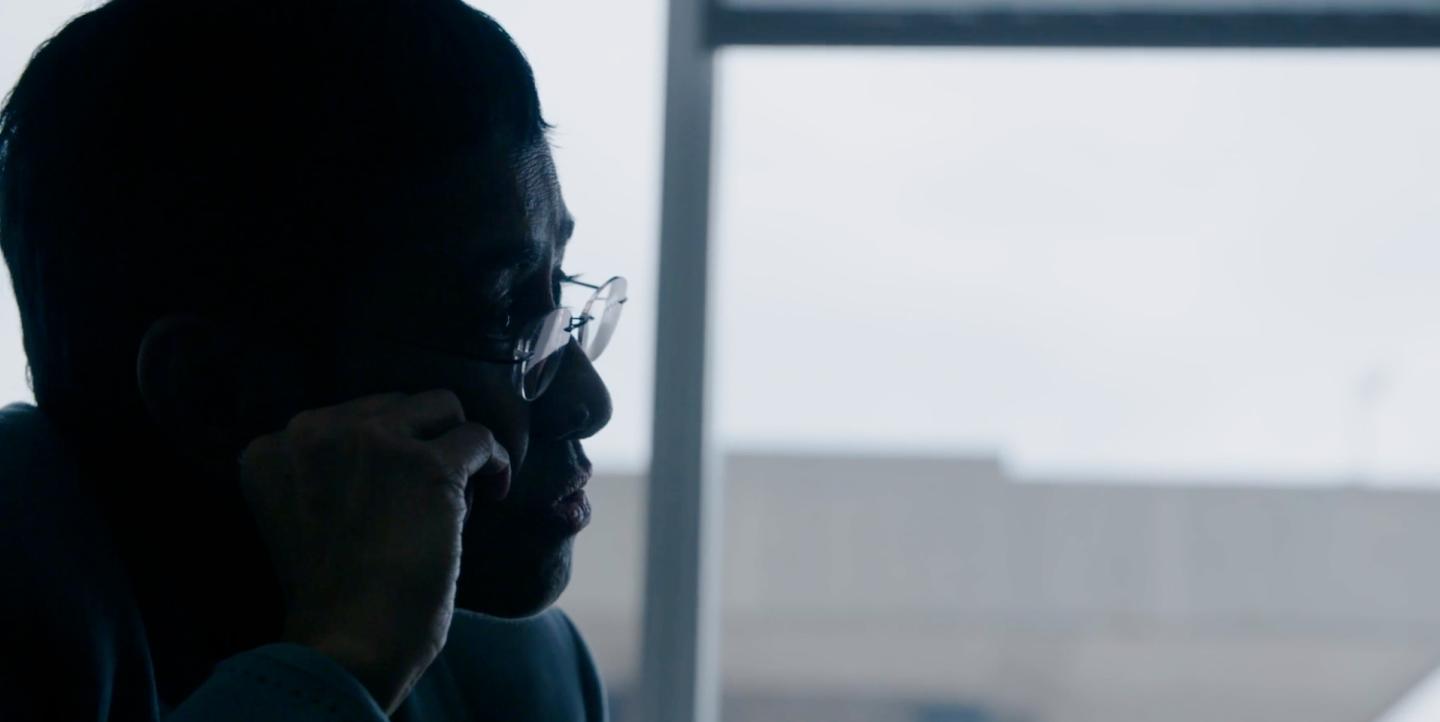Maria Ressa’s recent acquittal of four tax charges, after five years of legal harassment led by the State, represents a rare victory for press freedom in the Philippines. Advocates for Ressa hope it signals a new direction for recently elected President Ferdinand Marcos Jr., away from the hardline authoritarian policies of the previous regime of Rodrigo Duterte.
"Today, facts win. Truth wins. Justice wins,” said Ressa following the decision, which also acquitted Rappler, the news outlet she co-founded in 2012, of the four charges.
The offenses included three counts of failure to declare taxable income, and one count of tax evasion, all dating back to 2015. “The charges were political – a straightforward attempt to silence a journalist. But today we see justice being done,” said Amal Clooney, one of Ressa’s international lawyers.
The Nobel laureate still faces decades in prison, however. Of 23 cases brought by the State against her since 2018, three remain active. Here’s where they stand today.
Cyber libel case
On June 15, 2020, Ressa and her former Rappler colleague, Reynaldo Santos, Jr., were found guilty of criminal cyber libel after correcting a typo in an article. The article in question, published in May 2012, included details of alleged corruption connected to businessman Wilfredo Keng and former Chief Justice Renato Corona.
The cyber libel charges were brought against Ressa and Santos, Jr. under the Cybercrime Prevention Act, which was not even a law at the time of publication. It came into effect four months after the original article was published. Prosecutors argued that the correction of the typo — “evation” to “evasion” — in 2014 meant it had been effectively published again.
In July, the Court of Appeals affirmed the conviction and also increased the maximum prison sentence for a guilty conviction of cyber libel to six years, eight months and 20 days. In October 2022, the Philippines Court of Appeals refused to reconsider Ressa’s criminal conviction, and she lodged her final appeal before the Supreme Court. She is now awaiting that court’s verdict.
Should the Supreme Court uphold the verdict, Ressa will be imprisoned for a maximum of six years, eight months and 20 days.
Tax case
The four tax charges for which Ressa was just acquitted were decided by the Court of Tax Appeals. A fifth tax charge against Ressa and Rappler, which falls under the jurisdiction of the Pasig Regional Trial Court, remains pending.
Rappler’s executive editor, and fellow co-founder, Glenda Gloria was also arraigned on this charge. The prosecution is currently presenting its evidence in the case.
Foreign ownership case
In January 2018, the Philippine Securities and Exchange Commission (SEC) revoked Rappler’s license to operate, ruling that an investment from the U.S.-based Omidyar Network constituted foreign ownership of the media outlet, a violation of the constitution.
Rappler and its legal representation argued that the mechanism used for the investment — through the issuance of Philippine Depositary Receipts (PDRs) — is used by other media companies in the country and does not indicate ownership, as it doesn’t allow the holder a say in management or day-to-day operations.
In March 2019, the Pasig Prosecutor's Office charged Ressa and Rappler’s board of directors with violating the country’s Anti-Dummy Law and Securities Code, charges related to the above SEC case. Police arrested Ressa three days later. She pleaded not guilty in May of that year.
In October 2019, the Pasig Regional Trial Court ruled that prosecutors violated Ressa and the board members’ right to due process. In this same ruling, the two cases — for violating the Anti-Dummy Law and Securities Code, each — were consolidated into one.
In June 2022, on the day before Duterte left office, the SEC upheld its 2018 decision, ordering Rappler to shut down. Rappler is petitioning the Court of Appeals to issue a temporary restraining order on the SEC to prevent it from implementing its decision.
Video produced by ICFJ and CineDiaz as an effort under the Hold The Line Coalition.
The big picture
For four years, the Duterte-led Philippines government lodged one trumped-up charge after another against Ressa and Rappler. Intended to overwhelm her and her colleagues legally, financially and psychologically, the tactic is commonly employed by authoritarian leaders to silence their critics.
Ressa’s acquittal of a cluster of tax charges offers a ray of hope both globally, and inside the Philippines.
“We hope we are seeing the beginning of an end to the previous administration’s strategy to instrumentalize the courts as a means to undermine independent news organizations and damage journalists’ credibility,” said the Hold The Line Coalition Steering Committee, a collective of more than 80 international organizations. “As an immediate next step, we call for all remaining cases against Rappler and Ressa to be closed and their constant persecution to be stopped once and for all.”
The work has already begun: “Tomorrow starts today,” as Rappler likes to say.
This article is an update of a July 2020 article detailing Ressa’s legal harassment since 2018.
Main image taken from the video produced by ICFJ and CineDiaz.


